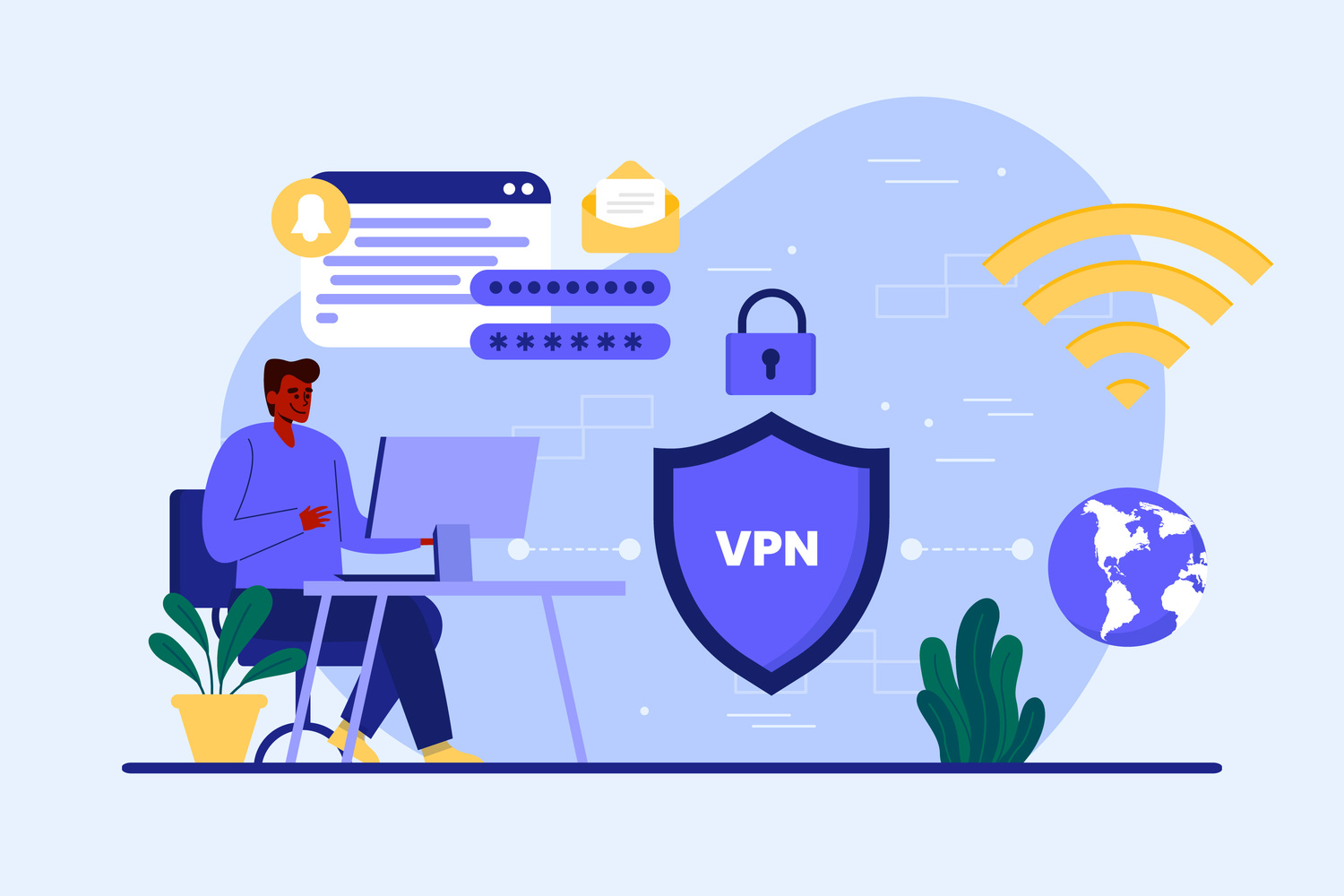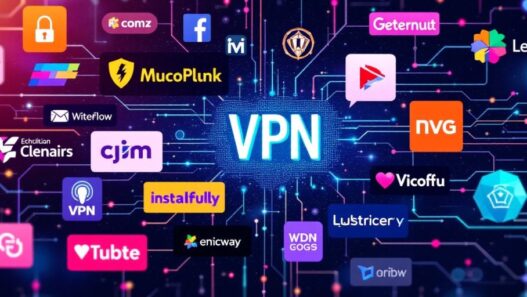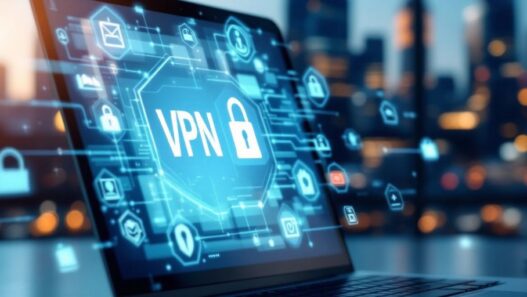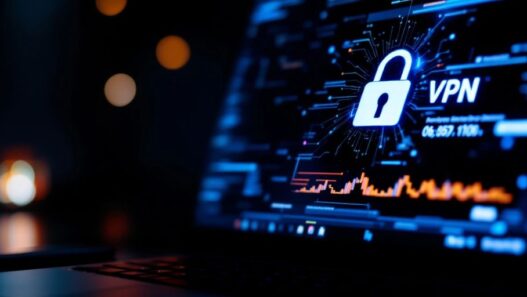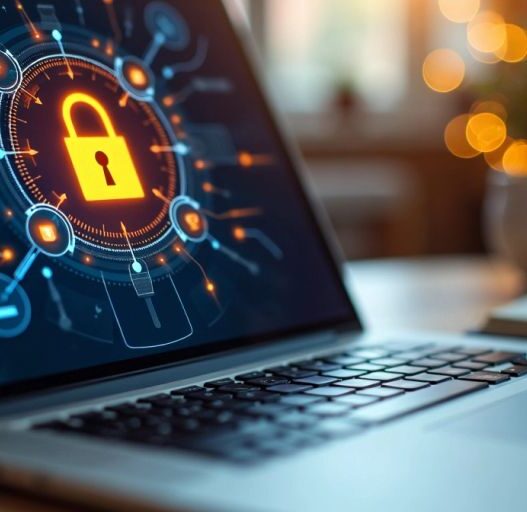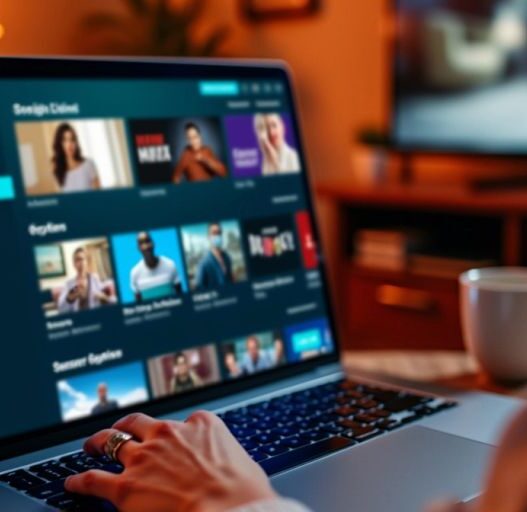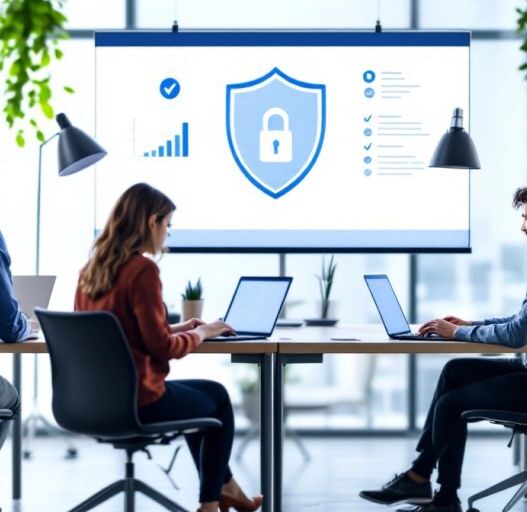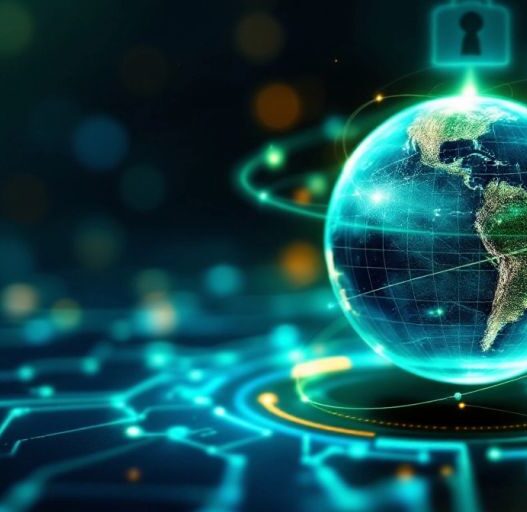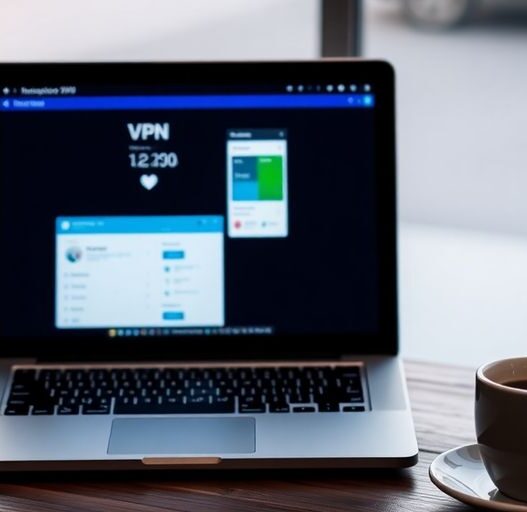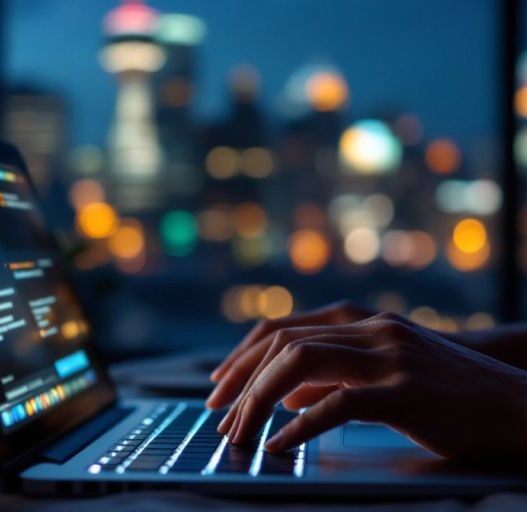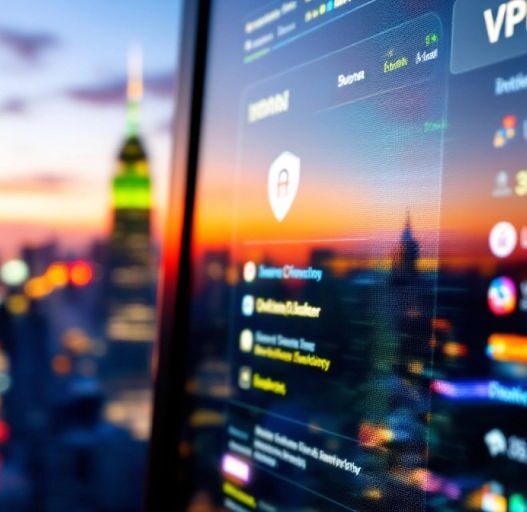In today’s digital world, protecting your privacy online is more important than ever. Many people think they are safe while browsing the internet, but there are hidden dangers that can expose your personal information. This article discusses five privacy threats you may not know about and explains how a VPN can help keep your data secure.
Key Takeaways
- Social media can reveal personal details even if you’re careful.
- Phishing scams trick you into giving away sensitive information.
- Malware can infect your device through unsafe downloads.
- Tracking cookies follow your online activity, even with a VPN.
- Your online accounts still leave a trace of your activities.
1. Social Media Leaks
In today’s world, social media can be a double-edged sword. While it connects us, it also exposes our personal information to potential threats. Many people unknowingly share sensitive details that can be exploited by hackers or even law enforcement. Here’s why you should be cautious:
- Personal Information Exposure: When you post, you might reveal your name, email, or even your location.
- Data Misuse: Hackers can gather information from your posts to create targeted attacks.
- Privacy Settings: Many users don’t adjust their privacy settings, leaving their profiles open to the public.
Protect Yourself
To safeguard your privacy on social media, consider these steps:
- Review Your Privacy Settings: Make sure only trusted friends can see your posts.
- Think Before You Post: Always check if sensitive information is visible in your photos or videos.
- Use a VPN: A VPN can help protect your online activity, but it won’t stop you from sharing personal info.
Remember, even with a VPN privacy, your shared information can still be a target. Stay vigilant!
2. Phishing Attacks

Phishing attacks are sneaky scams where bad people try to trick you into giving away your personal information. These cyber threats can lead to serious problems, including identity theft and financial loss. They often come in the form of emails, text messages, or even phone calls that look real but are actually fake.
How Phishing Works
- Fake Emails: Scammers send emails that look like they are from trusted companies, asking you to click on a link.
- Malicious Links: These links can lead to websites that steal your information or download harmful software onto your device.
- Urgent Messages: Many phishing attempts create a sense of urgency, making you feel like you must act quickly.
Spotting Phishing Attempts
- Check the Sender: Look closely at the email address. Scammers often use addresses that look similar to real ones but have small differences.
- Look for Errors: Many phishing messages contain spelling mistakes or awkward phrases.
- Too Good to Be True: If an offer seems too amazing, it probably is. Be cautious!
Remember, a VPN can help protect your internet connection, but it won’t stop you from clicking on a scam link. Always be careful about what you share online.
By understanding these online privacy threats, you can better protect yourself. Using a VPN is a smart step, but staying informed is just as important.
3. Malware Infections

Malware infections are a serious threat that can compromise your devices and steal your personal information. You might think that a VPN can protect you from these dangers, but that’s not entirely true. While a VPN can help keep your internet connection secure, it cannot stop you from accidentally visiting harmful websites or downloading malicious files.
How Malware Gets In
- Websites: Many harmful sites hide malware in their content.
- Ads: Online ads can sometimes contain hidden viruses.
- Downloads: Files from untrusted sources can carry malware.
Why You Need More Than a VPN
A VPN alone is not enough to keep you safe from malware. Here are some reasons:
- Limited Protection: Most VPNs do not actively scan for malware.
- False Sense of Security: Relying solely on a VPN can lead to risky online behavior.
- Need for Antivirus: Combining a VPN with antivirus software offers better protection.
To truly safeguard your devices, consider using a VPN alongside a reliable antivirus program. This combination can help you navigate the internet more safely and protect your personal data from malware attacks.
4. Tracking Cookies
Tracking cookies are small pieces of data that websites store on your browser. They can follow you around the internet, collecting information about your online habits. While some cookies help improve your experience, others can invade your privacy by monitoring your activities even after you leave a site.
Why Are Tracking Cookies a Concern?
- Privacy Invasion: They can track your browsing history and preferences.
- Targeted Ads: Advertisers use this data to show you ads based on your interests.
- Data Sharing: Your information can be shared with third parties without your consent.
How to Protect Yourself
- Clear Your Cookies Regularly: This helps remove unwanted tracking data.
- Use Browser Settings: Most browsers allow you to block third-party cookies.
- Consider Privacy-Focused Browsers: Some browsers are designed to limit tracking.
Regularly managing your cookies can significantly enhance your online privacy. Don’t let tracking cookies dictate your browsing experience!
5. Digital Trail

Your online activities leave a digital trail that can be tracked, even if you use a VPN. This means that companies like Google can still see your search history if you’re logged into your account, regardless of whether your VPN is active. Here are some important points to consider:
- Log Out of Accounts: Always log out of your accounts when doing sensitive tasks. This helps reduce the chances of your data being tracked.
- Incognito Mode Isn’t Enough: Using Incognito mode doesn’t fully protect your privacy. Your activities can still be recorded when you log into accounts.
- Consider Alternatives: Look for more private options. For example, use secure browsers or email services like Proton Mail that don’t track your data.
Remember, even with a VPN, your online actions can still be monitored. Taking extra steps is essential for your privacy.
Benefits of VPN
Using a VPN can help mask your digital trail, but it’s not a complete solution. Here are some benefits of using a VPN:
- Enhanced Privacy: Keeps your browsing habits hidden from prying eyes.
- Secure Connections: Protects your data from hackers, especially on public Wi-Fi.
- Access to Restricted Content: Allows you to bypass geo-restrictions and access content freely.
In conclusion, while a VPN is a valuable tool for online privacy, it’s crucial to be aware of your digital footprint and take additional measures to protect your information.
Final Thoughts: Secure Your Online Presence Now
In today’s digital world, protecting your privacy is more important than ever. The internet is full of hidden dangers that can compromise your personal information. A VPN is a powerful tool that can help shield you from many of these threats, but it’s not a complete solution. You must stay aware of the risks and take additional steps to safeguard your data. Don’t wait until it’s too late—act now to secure your online activities. Choose a reliable VPN and take control of your privacy today!
Frequently Asked Questions
What does a VPN do?
A VPN, or Virtual Private Network, helps keep your online activities private by hiding your IP address and encrypting your internet connection.
Can a VPN protect me from all online threats?
No, while a VPN improves your privacy, it can’t protect you from every online danger, like phishing or malware.
Is using a VPN legal?
Yes, using a VPN is legal in most countries, but it’s important to check the laws in your specific location.
Do I need a VPN for public Wi-Fi?
Yes, using a VPN on public Wi-Fi is a good idea because it adds extra security to your connection.
Can I use a VPN for streaming services?
Yes, many people use VPNs to access content on streaming services that may be blocked in their region.
How do I choose the right VPN?
Look for a VPN with strong security features, a no-log policy, and good reviews to ensure your privacy is protected.
